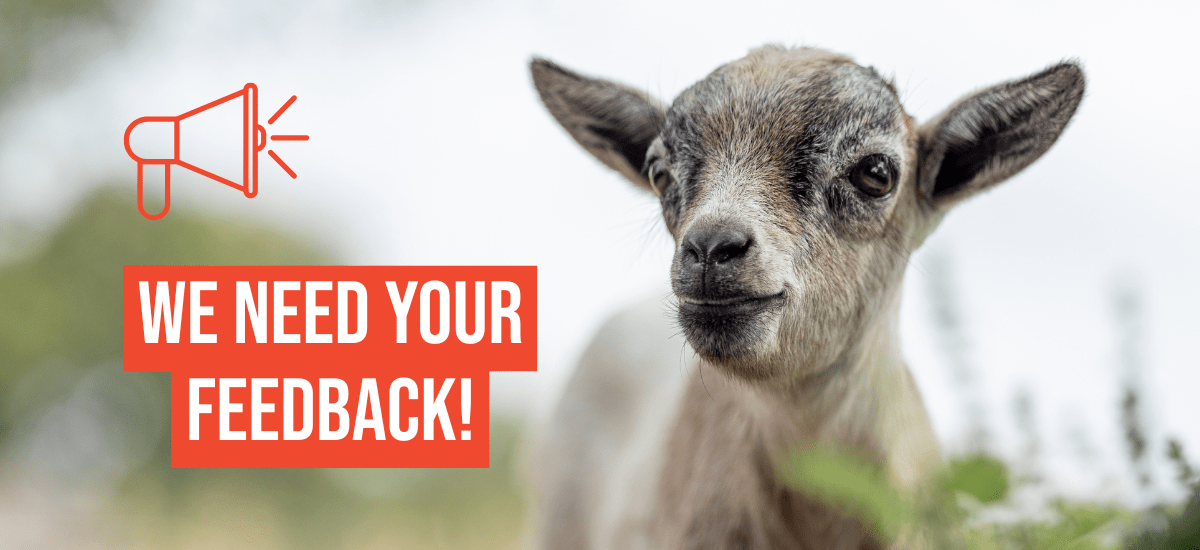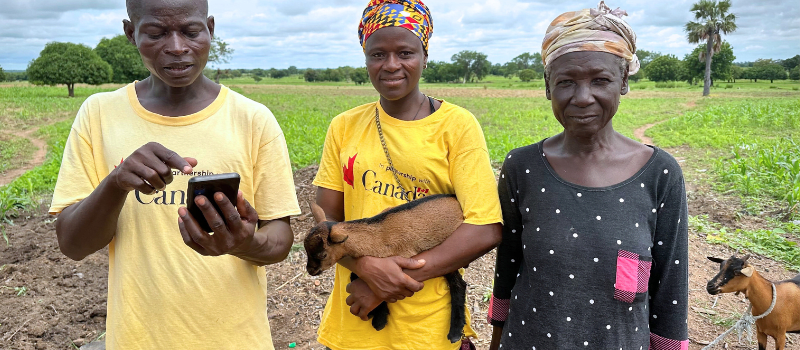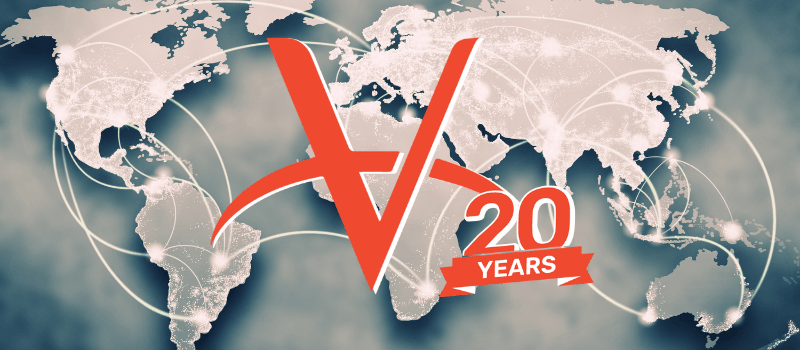To celebrate International Women's Day 2024, we are releasing a week-long series featuring “Women of VWB”. The Women of VWB are effective and powerful change-makers who #InspireInclusion daily. They demonstrate the diversity of VWB thought leadership and expertise around the world, and all that it takes to promote animal, human, and environmental health!
 Today, we introduce you to Jennifer Ogeer (BSc, DVM, MSc, MBA, MA), Board Member & Chair, VWB North America. In this interview, Jennifer shares her perspectives, her experiences, and her passions for One Health and veterinary medicine.
Today, we introduce you to Jennifer Ogeer (BSc, DVM, MSc, MBA, MA), Board Member & Chair, VWB North America. In this interview, Jennifer shares her perspectives, her experiences, and her passions for One Health and veterinary medicine.
Q: Can you share a bit about your background and how you became involved with VWB?
A: Growing up in the Caribbean and spending three decades as a veterinarian in Canada, I've always had a deep passion for helping people and animals, dedicating my free time to several not-for-profit organizations. Joining Veterinarians Without Borders (VWB) was a natural choice for me as its mission and vision align perfectly with my personal values, educational background, and professional expertise. It's incredibly fulfilling to be part of a collaborative, highly engaged team that works tirelessly to support communities globally and advocate for One Health initiatives.
Q: What motivated you to join an organization focused on One Health?
A: Joining VWB provided me with an opportunity to apply my knowledge, experience, and expertise in a coordinated manner to facilitate change on a global scale. One Health is a critical global initiative that underscores the interconnectedness between humans, animals (including wildlife), and environmental factors. It's imperative to bring these elements together to address major challenges stemming from factors like natural disasters and climate change. As veterinarians, we've always been at the forefront of this work, protecting the public from zoonoses and limiting the spread of infectious diseases. My research focus on antimicrobial resistance aligns perfectly with the principles of One Health, particularly promoting antimicrobial stewardship, which is a key practice endorsed by VWB.
Q: How does your work at VWB contribute to promoting the concept of One Health?
A: As the Chair of VWB/VSF for two terms, I've been deeply involved in supporting programs, projects, and initiatives that promote and advance the concept of One Health. This includes stewardship efforts and ensuring financial sustainability remains a priority for all our initiatives.
Q: Why is it important to prioritize the health and well-being of both animals and people?
A: One Health advocates for a holistic, multi-disciplinary approach to human, animal, and environmental health. Organizations like VWB play a crucial role in promoting the health and well-being of both animals and people in global communities. This ensures the safety and security of food supplies while protecting communities from zoonotic infectious diseases and potential pandemics.
Q: How do women drive positive change within community-centered animal health systems?
A: Women are natural, powerful leaders within their communities, demonstrating traits that are communal, inspirational, collaborative, and participative. Their leadership often serves as a catalyst for positive change, engaging others to collectively create vision and drive progress. They are the true trailblazers.
Q: What challenges have you faced as a woman working in the field of veterinary medicine and global health?
A: Gender discrimination, whether conscious or unconscious, remains a significant challenge for women in this field. In some organizations, this bias is not only subtle, it is perpetuated by a lack of energy to drive and support gender-neutral initiatives - a phenomenon called "gender fatigue". Structural barriers and societal prejudice, especially for women of color, can lead to exclusion and isolation. To overcome these challenges, I've leveraged my educational background, social and emotional intelligence to create a stronger personal and professional base, rising above these barriers to make meaningful contributions.
Q: How does VWB ensure that its programs are inclusive and equitable?
A: VWB ensures inclusivity and equity by actively engaging with communities to understand their specific needs, cultural contexts, and socio-economic conditions. We prioritize community participation in program design and implementation, fostering a sense of ownership and alignment with local values. Additionally, we offer tailored capacity building and education programs, providing training to veterinarians, paraveterinary professionals, and community health workers. These programs include modules on social inclusion to promote gender equality and reach underrepresented groups effectively. Through partnerships with local organizations, we integrate diverse perspectives into our programs, enhancing effectiveness and sustainability. Rigorous monitoring and evaluation frameworks allow us to assess program impact across diverse groups, ensuring that benefits are fairly distributed.
Q: Can you provide examples of initiatives aimed at promoting diversity and gender equality within the organization's work?
A: VWB implements a range of initiatives to promote diversity and gender equality. For example, our AGROW Project specifically targets women in agricultural communities, aiming to enhance their access to veterinary services and agricultural resources. Through AGROW, we empower female farmers, improve livestock health, and increase agricultural productivity, thereby promoting gender equality in rural areas. Our VETS Program provides gender equality training to partner organizations, equipping them to address gender disparities effectively. Additionally, we offer scholarships for students from underrepresented groups, including women and minorities, promoting diversity within the veterinary profession. Beyond these initiatives, VWB promotes women's empowerment through various programs, such as training women to become community animal health workers, bridging the gender gap in veterinary services. These efforts contribute to a more inclusive veterinary profession and community-centered approach, fostering positive change worldwide.
Q: What advice would you give to other women aspiring to pursue careers in veterinary medicine or international development?
A: I encourage women to stay focused on their goals despite obstacles they may face. Seek nurturing environments and strong mentors to guide you along the way. Remember, your passion and purpose can drive meaningful change, and your unique perspective is invaluable in shaping the future of veterinary medicine and international development.






